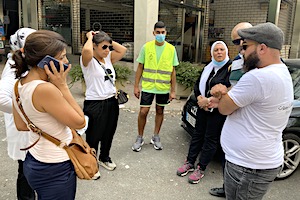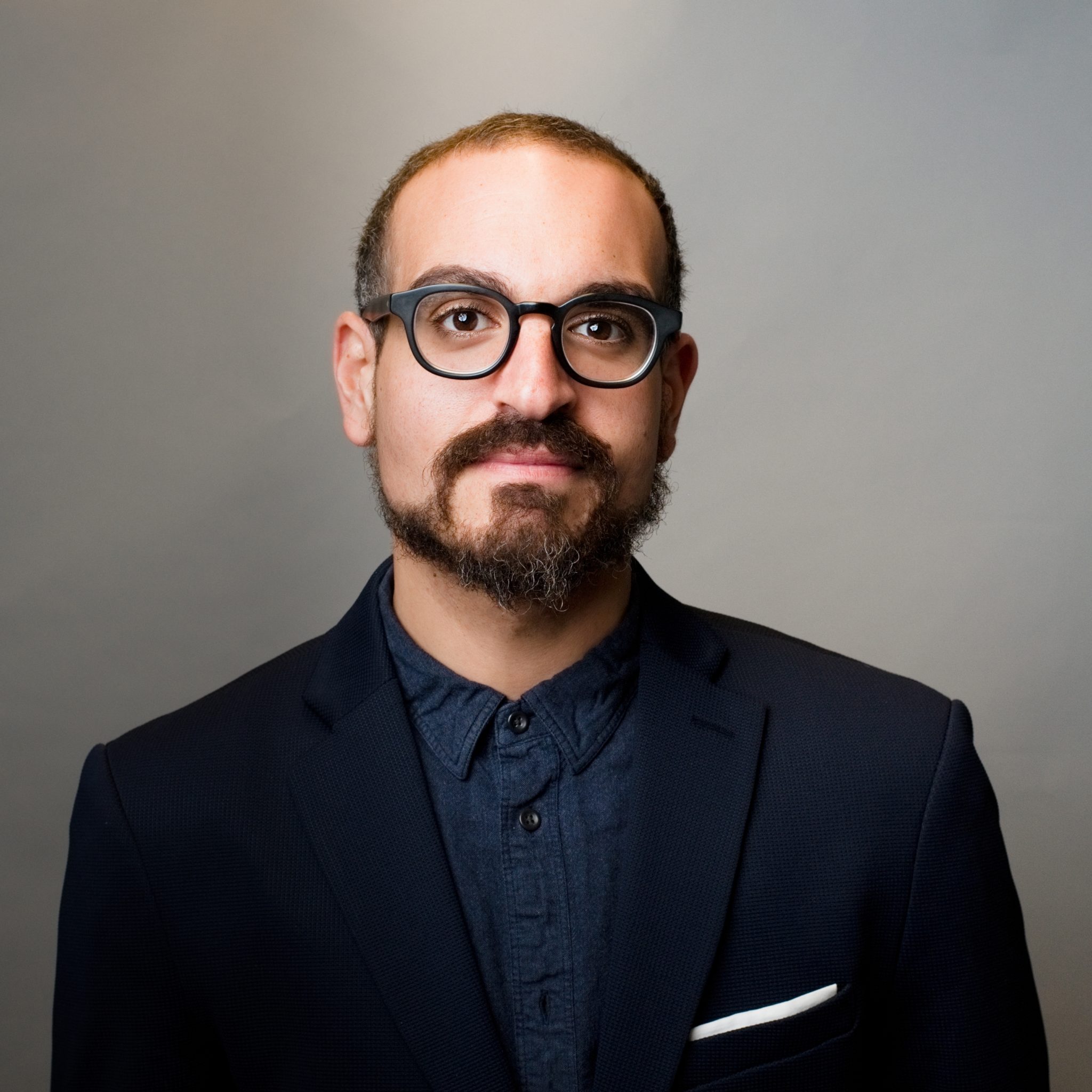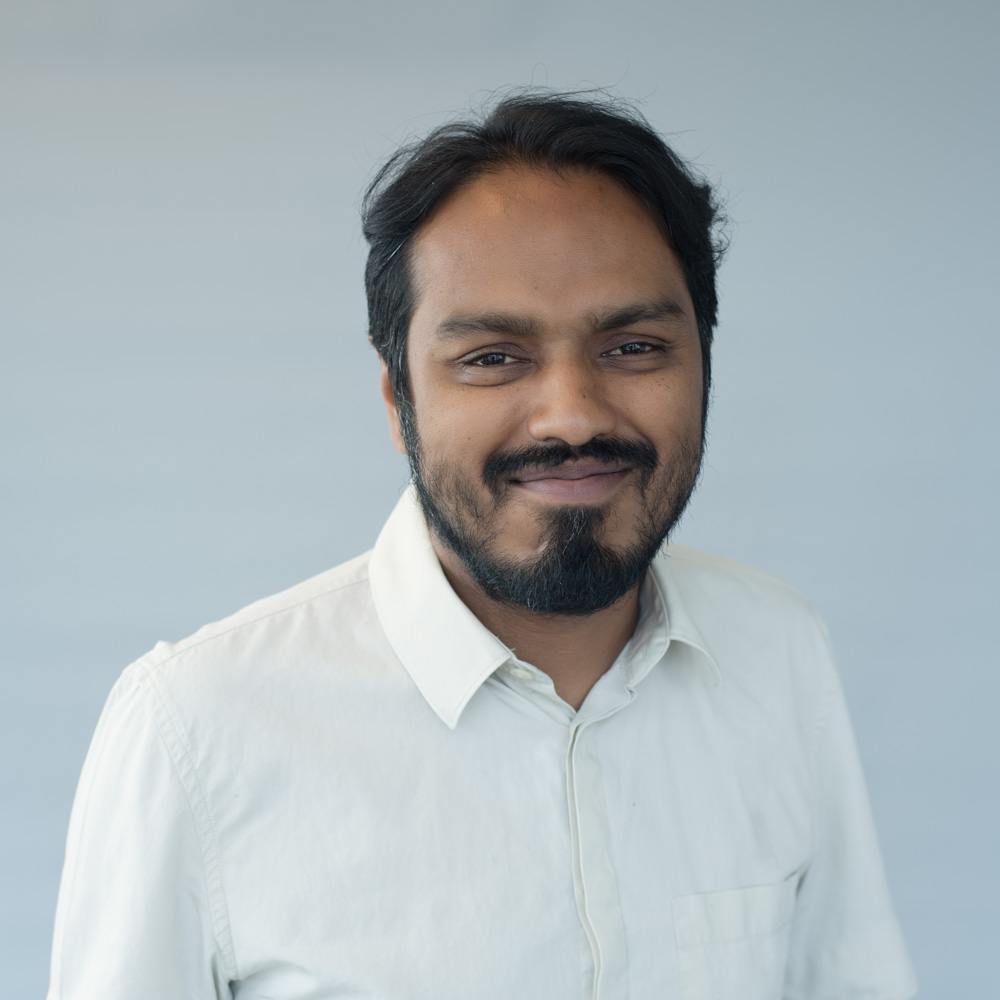ISD Lebanon and Jordan
ISD has been working in Lebanon and Jordan since 2016, empowering local governments, youth and practitioners.
Our work in Lebanon and Jordan is primarily delivered through our flagship Strong Cities Network regional project and the Young Cities programme.
The Strong Cities Network in Jordan and Lebanon
ISD’s regional programme in the Middle East aims to support municipalities in strengthening their abilities to coordinate and deliver local P/CVE strategies and activities. By providing municipalities with the knowledge and tools needed to identify and react to early signs of radicalisation, ISD seeks to reduce the presence of violent extremism within Lebanese and Jordanian communities. This work is delivered through a model of Local Prevention Networks (LPNs).
Current priorities of the programme include:
- In Tripoli, the team is developing a critical programme of work for ex-prisoners and those leaving the prison system, providing skills training, employment opportunities and professional psychosocial support. This is a potentially ground-breaking pilot project, tackling trauma, disenfranchisement, marginalisation and unemployment as drivers of violent extremism.
- In Saida, launch of a dedicated Psychosocial Support Unit to provide psychosocial support and help for parents concerned about vulnerable children. In due course, the unit will be trained to recognise early warning signs of violence and manage and refer individual cases.
- In Majdal Anjar, the LPN is working to counter stigmatisation of vulnerable communities, training young men and women from refugee as well as host communities with digital marketing skills while raising awareness around hate speech and disinformation on social media.
- In Jordan, the LPNs in Irbid, Karak and Zarqa are organising a monthly Diwaneyat dialogue series on extremism-related issues, bringing together policymakers, academics, religious leaders, youth workers and civil society members. A dedicated library of Arabic training resources has been compiled to support trainings on human security and preventing violent extremism.
The Danish Ministry of Foreign Affairs began funding the programme in 2016, facilitating the establishment of six local prevention networks in Lebanon and Jordan. In 2019, the programme continued with funding from the Dutch Ministry of Foreign Affairs. In addition to direct programming, the team convenes local policymakers in Lebanon and Jordan with their counterparts in the Netherlands to examine the reintegration and rehabilitation of returnees and detainees through the Dutch ‘Safety Houses’ model. The SCN implements its programme in close partnership with the National PVE Unit at the Council of Ministers in Lebanon and with the Ministry of Local Administration in Jordan.
Young Cities in Lebanon
ISD’s long-running SCN/YouthCAN project Young Cities operates in Lebanon, Senegal, Kenya and North Macedonia. Young Cities works in partnership with both young people and local government to enhance and support youth-led solutions to community challenges such as hate, polarisation, extremism and violence.
In Lebanon, Young Cities delivers ISD’s Youth Innovation Lab model with local partners and staff. This includes delivery of training workshops to support the development and implementation of youth-led initiatives across three cities, tackling issues such as inter-faith relations in Tripoli and marginalisation of refugees in Saida. In all three cities, activities are delivered with buy-in and support from the SCN’s Local Prevention Networks and key municipal focal points.
MENA-focused Research
ISD leads pioneering multilingual research into digital Salafi-jihadist ecosystems online, tracking and monitoring the tactics and trends of the Islamic State of Iraq and Syria (ISIS), al-Qaeda, and their affiliates. Our team of researchers examine how these groups leverage interconnected networks of websites, social media accounts, and messaging applications, to galvanize and mobilize supporters. ISD’s MENA digital research team has brought down coordinated networks of ISIS supporters on Facebook; unearthed terabyte-large digital archives; and reported on cross-organisational learning between groups online. The team has similarly discovered and reported on Arabic-language COVID-19 disinformation networks operating bogus think tanks, and ‘scientific collectives’ on platforms such as Facebook and YouTube. The work of the MENA digital research team has been featured in Wired, the BBC and the Daily Beast.
Context
ISD’s team in Beirut are operating in one of the most challenging global environments. COVID-19 restrictions, the tragic blast in Beirut’s port in August 2020, and the protracted political, economic and social crises in Lebanon make engagement with local community stakeholders exceptionally challenging. ISD has provided context-sensitive responses to these evolving challenges, leading community-based initiatives and capacity-building programmes that reduce radicalisation risk factors and provide communities and youth with a resilience, safety and leadership agenda.
The SCN was one of the first responders following the tragic blast. ISD’s SCN and Young Cities teams, in cooperation with our LPNs, helped provide emergency assistance, cleaning services and food distribution to some of the worst-hit neighbourhoods and most vulnerable people. The SCN contributed to preparing and delivering 7,000 hot meals and food baskets and helped restore 24 destroyed homes.

The Young Cities team mobilises to assist victims of the Beirut blasts, August, 2020
ISD’s MENA team

Moustafa Ayad
Executive Director; Africa, the Middle East and Asia (AMEA)






Rashad Ali
Senior Fellow



